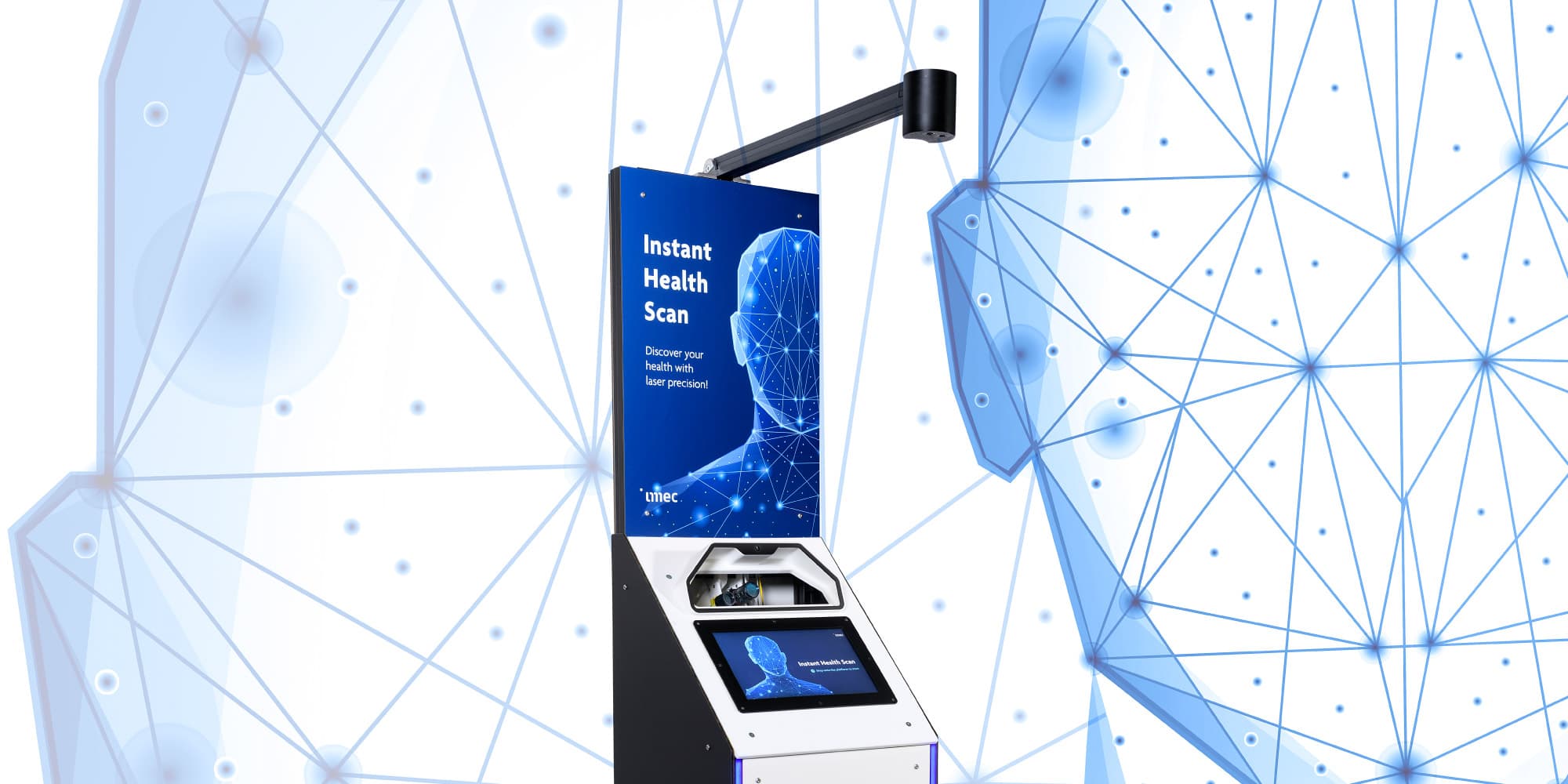LEAPS
Paving the way for adaptive learning with a multi-purpose, self-learning analytics system
With an increasingly diverse student population in our classrooms and life-long learning becoming an essential part of our jobs, the need for personalized learning has intensified. Differentiation has become the holy grail of education. Educational technology can play an important role in this process, but to be truly effective digital support tools need to enable adaptive learning.
The LEAPS project developed a self-learning system for adaptive learning that is generic enough to be used in a wide variety of applications. To showcase the versatility of the system, the consortium developed three proof-of-concepts with the same adaptivity algorithms: a game that trains initial reading skills, a game for training number sense and a digital writing assistant.
Many digital learning platforms already offer adaptive learning to a certain extent: you make a set of exercises and your score then determines which set you are presented with next. However, as the difficulty level of the exercises currently needs to be determined by a domain expert, developing new adaptive learning tools is expensive, rather cumbersome and not evidence-based.
The LEAPS project aimed to reduce the development time by creating a self-learning system that can function as the foundation for different adaptive learning applications. By choosing relevant proof-of-concepts that meet the educational needs of different target groups, the project also wanted to contribute to the immediate implementation of digital technology in education.
The outcomes
1. One self-learning system to open up endless opportunities
What makes the LEAPS system unique is that it autonomously and permanently adapts the learning environment to the needs of the learner.
Wim Van den Noortgate (ITEC, an imec research group at KU Leuven): “Our system is self-learning. It analyzes data on-the-spot and uses this information to determine the difficulty level of an exercise and to continuously re-evaluate the user’s proficiency level. This has two advantages: first, we no longer need domain experts to manually decide on the difficulty level of the learning material. Secondly, if you use the application more, the system will get to ‘know’ you better and will be able to present more targeted content. It will also notice if you have made progress and adapt the presented content accordingly.”
2. To the next level: adaptive educational games
The first two proof-of-concepts that are part of the LEAPS project are serious games, i.e. a game that trains number sense (elementary abilities related to numbers that are fundamental to math skills) and another that trains initial reading skills (‘Lezergame’). Both are based on existing tools targeted at kindergarten and primary school pupils. As part of the LEAPS project, an adaptive layer was added to optimize the learning experience.
Wim Van den Noortgate: “The learning tools were tested in nine primary schools. In general, it was clear that pupils appreciated the digital support and learned faster when they used it. Although we experimented with the tools only for a couple of weeks, which is quite short to gather enough data for our self-learning algorithm to guarantee an optimal match between learners and content, we found that students learned faster with the adaptive version. It is expected that the impact would grow further if students used the tool longer.”
3. A digital writing assistant that ‘knows’ you
The third proof-of-concept, a digital writing assistant, seems completely different, but is based on the same algorithm. An adaptive learning layer was added to Alinea, Sensotec’s existing writing support software targeted at dyslectic pupils. For this proof-of-concept, the LEAPS consortium also decided to extend the scope of the tool with a new version for language learners.
Frank Allemeersch (Sensotec): “The writing assistant is based on word prediction. By adding adaptive learning algorithms, we enhance the quality and user-friendliness because we can now better anticipate the kind of errors that an individual user tends to make.”
Kathleen Heireman (BLCC – Business Language & Communication Centre): “The same principle applies to the writing assistant for language learning. Dutch-speaking people learning French will make different mistakes than English learners. Because the tool gets to know the user, it will offer more targeted support. This is especially important in a business context, where learners expect efficient, customized support that can be integrated into their work environment.”
Video
Download leaflet
LEAPS
Paving the way for adaptive learning with a multi-purpose, self-learning analytics system.
LEAPS is an imec.icon research project funded by imec and Agentschap Innoveren & Ondernemen.
It ran from 01.10.2016 until 30.09.2018.
Project information
Industry
- Uitgeverij Pelckmans
- Sensotec
- BLCC
Research
- imec - IDLab - UGent
- imec - ITEC - KU Leuven
- imec - mintlab - KU Leuven
- KU Leuven - Number Sense consortium
Contact
- Research Lead: Wim Van den Noortgate
- Project Lead: Frank Allemeersch
- Program Manager: Steven Van Assche












